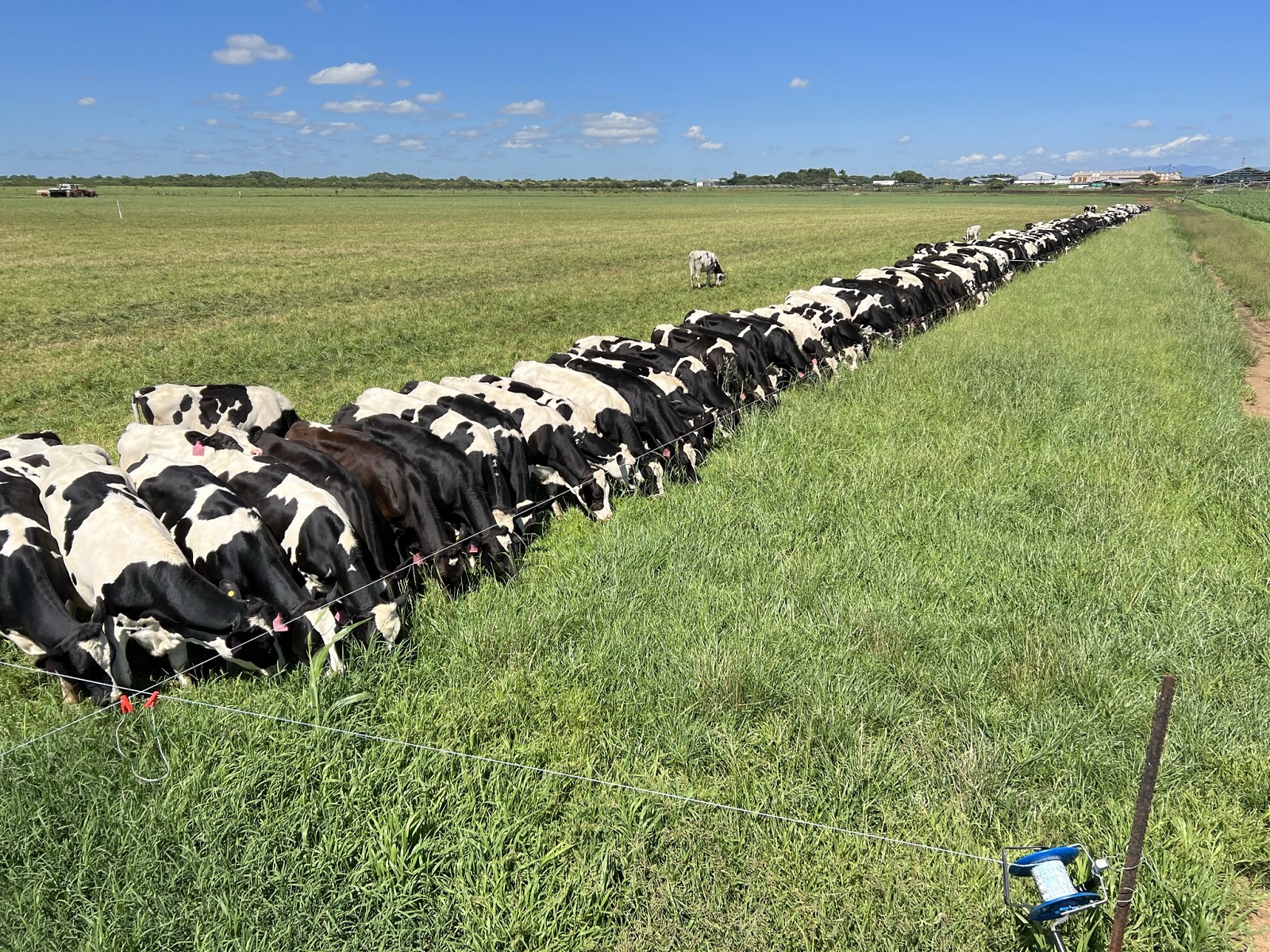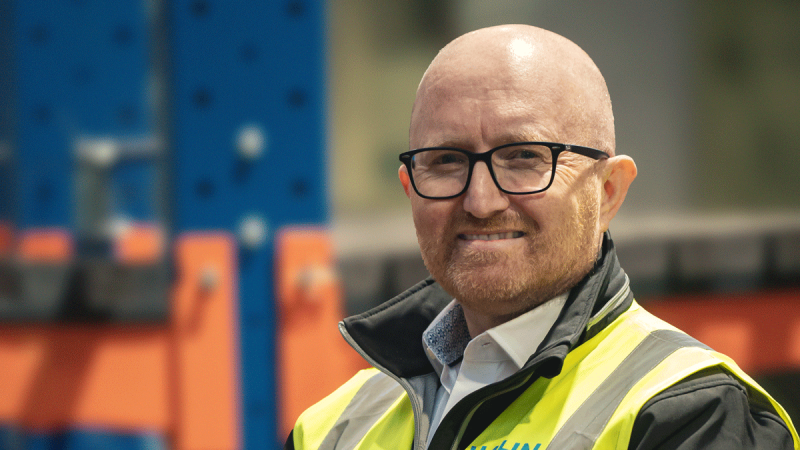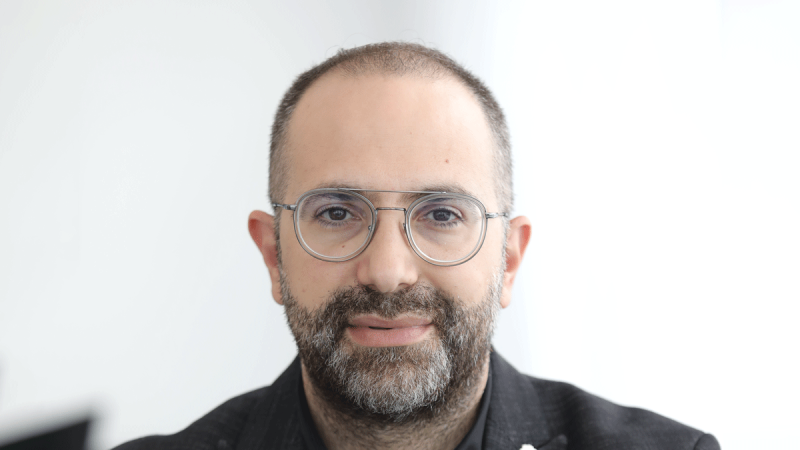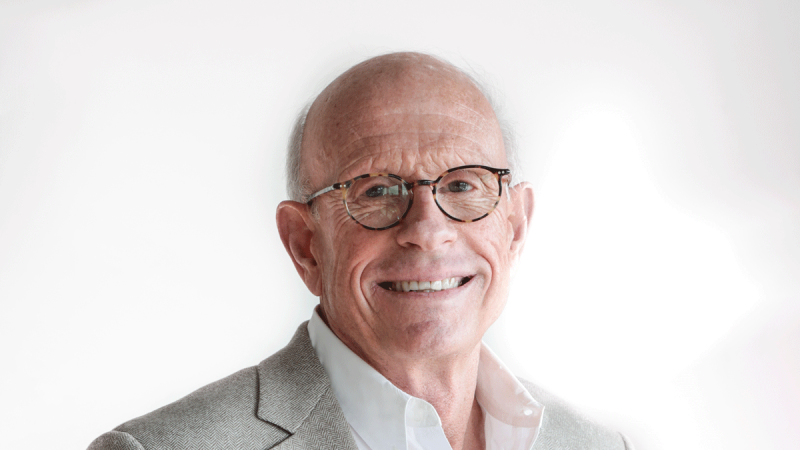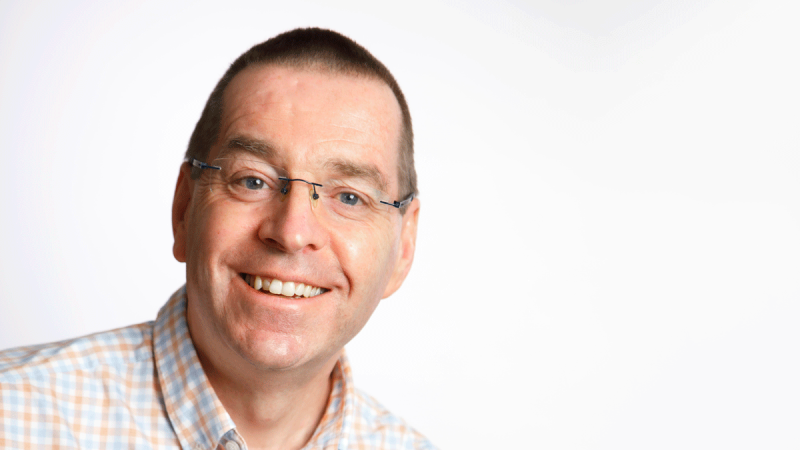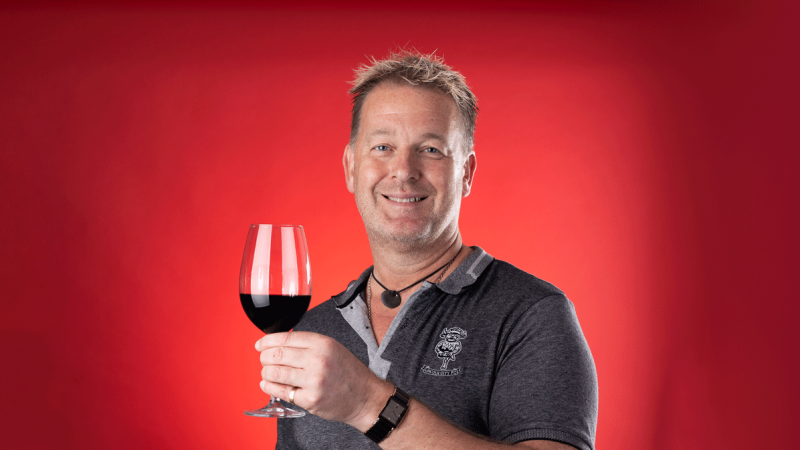Limpopo Dairy is a family-owned company that employs more than 500 people. A regional business based in the Limpopo province of South Africa.
The company offers a fully diversified business, taking its products from soil to fork. It works in the primary agriculture sector, ploughing the land, growing the feed for animals, and then raising and milking those animals. It works in manufacturing, taking cow and goat milk and using that to make other dairy products alongside other beverages from products such as grains. Then it supplies those products into the retail sector through its own distribution fleets, sold by its own sales and marketing department.
“We are literally doing the whole value chain,” says Tobias Fourie, Limpopo Dairy’s Managing Director.
Every Link in the Chain
It is a model that gives Limpopo Dairy a great deal of control, but it can be a double-edged sword.
“On the negative side it is much more complicated, with so many different departments and avenues to look after,” says Fourie. “On the positive side, we have full traceability of raw materials and if you get it right you add the margins of the middlemen into your own margin. It is a more secure business model that gives you better control over raw materials.”
The end result is that Limpopo Dairy is a company that contains multitudes, with a wide range of departments, each in very different business sectors.
“We try to run departments very independently because they are so diverse, so we have a very flat structure,” Fourie explains. “Departments operate on their own, with their own income statement and balance sheet. We break it down to that level to see the exact contribution and cost of each department.”
Part of the Community
With that total control of the supply chain, Limpopo Dairy achieved the position of number one dairy farmer in South Africa in 2013, an impressive achievement.
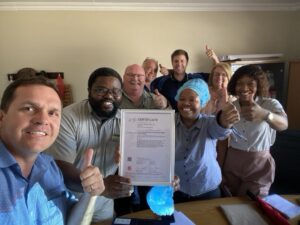 “Our selling point is that we deal directly with the customer, and sometimes even the consumer through our factory shops,” Fourie says. “We offer a range of products that not all of our competition can.”
“Our selling point is that we deal directly with the customer, and sometimes even the consumer through our factory shops,” Fourie says. “We offer a range of products that not all of our competition can.”
Limpopo Dairy has the full value chain with control over all the traceability of its raw material. It is also FSSC 22000 certified, an International Food safety certification not many firms have achieved.
“That proves the value that we produce and the food safety stand we maintain,” Fourie points out.
The firm is a proudly regional business that is very involved in the community. What makes Limpopo Dairy’s achievement of becoming 2013’s number one dairy farmer all the more outstanding, is that that community is not a traditionally milk-friendly one.
“We’re getting something right that others struggle to get right,” Fourie tells us.
One of the things Limpopo Dairy is keen to get right is to give back to its community by investing in the local environment.
“We’ve started irrigating the town’s grey water from the sewer works. We have acquired a licence to irrigate with that water and we are using it to make food,” Fourie says. “We are building a biogas digestor to produce methane gas from all our animal waste. We are going to produce that gas and use it in our boilers.”
Limpopo Dairy has also put up half a megawatt of solar farm to generate renewable energy.
“We are doing quite a bit on an environmental level because we try to be as self-sufficient as we can,” says Fourie. “Whatever waste we produce, we want to create something from it.”
Ploughing Their Furrow
But the fact remains that Limpopo Dairy is not based in a region where dairy production is easy. That means acquiring extra feed and raw materials is quite a challenge, as the business is far away from other feed sources.
But raw materials are not the only resource that can be difficult to find.
“We are reliant on refrigeration, electricity is an important part of our business. That means load shedding is a real challenge,” Fourie explains. “We are running generators on diesel to maintain our refrigeration. Being in this part of the country means it is also sometimes difficult to get qualified people to do the work.”
When it comes to talent, Limpopo views this resource much as it views the energy, feed and other raw materials the business needs. It develops its own.
“We try and retain people as much as we can, especially developing our young people through a student program,” says Fourie. “We try to identify youngsters we can invest in and try to develop them as best we can, taking them through a career path.”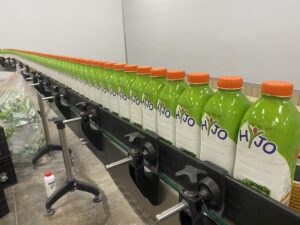
Of course, no matter how much internal development you do, you still need fresh recruits, and Limpopo’s entirely integrated model means the range of skills it needs is a wide one.
“We try to keep departments focused on what they have to do. We are divided into different departments who each work to run good strong teams,” says Fourie. “Over the years we have built a capable team, developing the youngsters through those teams to build up a pool of people we can choose from. It is expensive but where we are positioned that’s our focus: To develop talent.”
To do this, Limpopo Dairy has established its own nationally recognised training academy, to instil the full range of skills that the company needs.
“Over the past few years we’ve had more than a thousand students doing practical training through our business,” Fourie recalls. “Most of them were unemployed people coming in through learnership programs in food and beverage. They are paid a stipend, and acquire practical knowledge, building up their CV and allowing them to market themselves for a job. With South Africa’s high unemployment rate, we are trying to make a real difference there.”
Looking forward, Limpopo Dairy has steady plans for the future. As a fully integrated business, growth sometimes takes a bit longer than for other companies.
“We develop our own infrastructure to ensure that all the divisions of the company work properly together,” Fourie says. “That said, we intend to focus on quite a bit of growth in the near future. We feel that our infrastructure is well-positioned to grow. We have new products coming in, not just dairy, we sell not just cow and goat milk, but drinkable grains and more. We are excited to see that range grow.”
